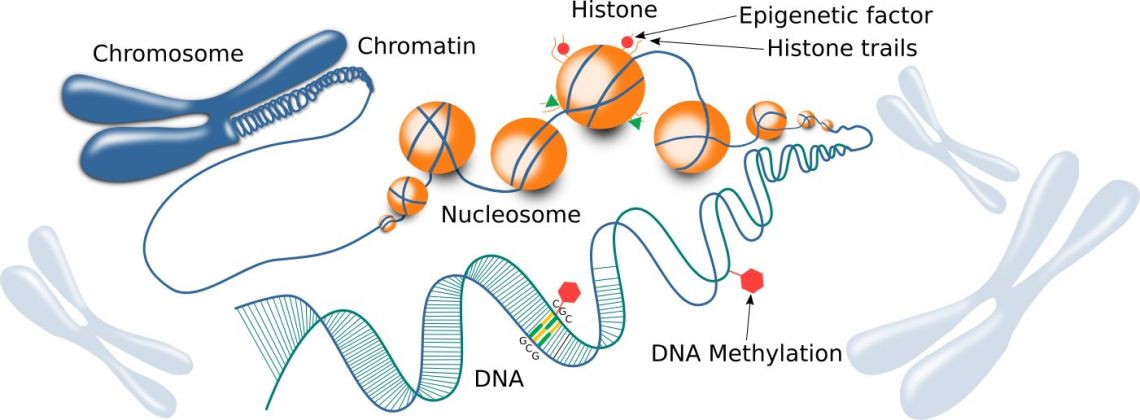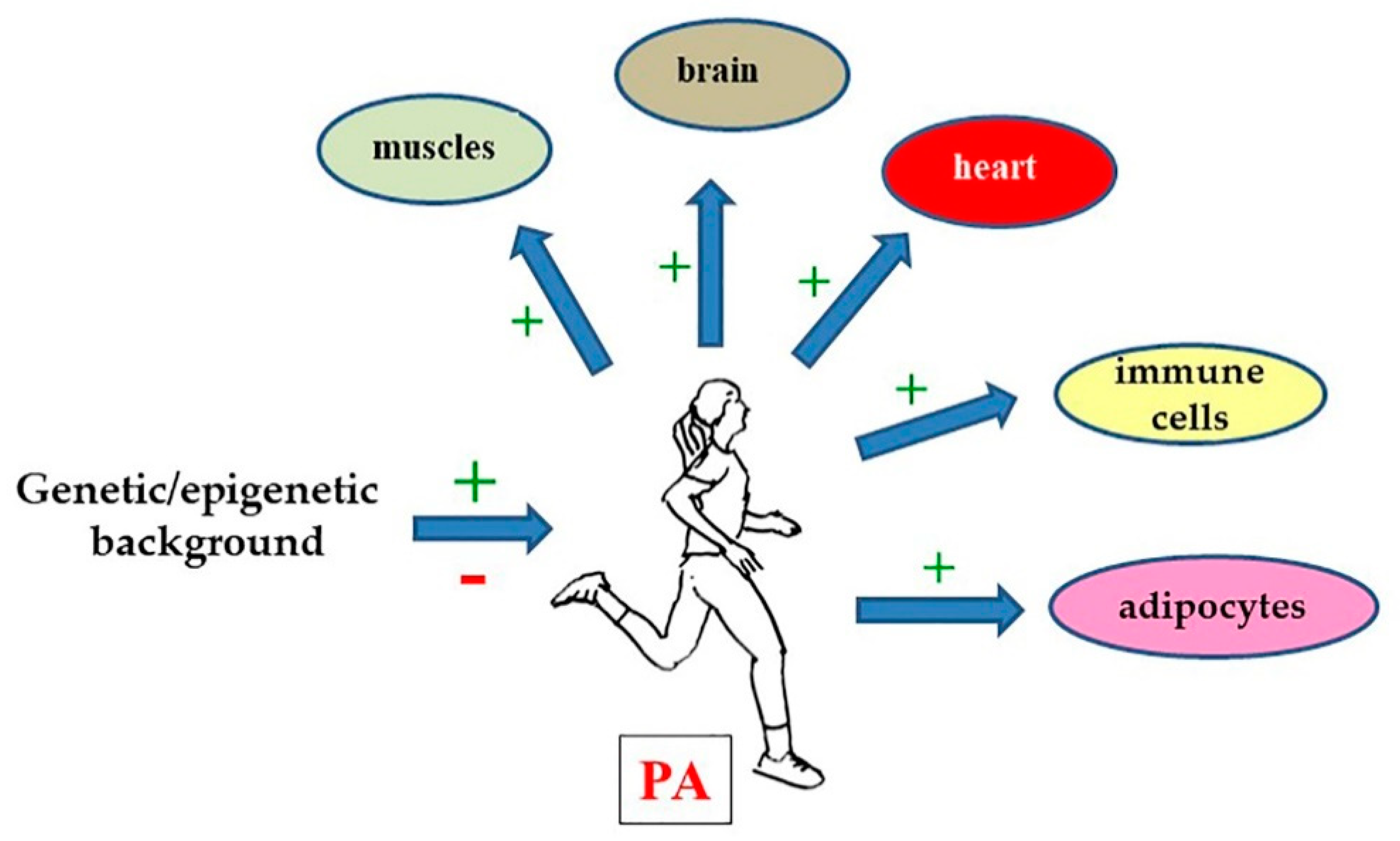
Epigenetic Wellness: Tailoring Lifestyle Choices to Your DNA
Discover how lifestyle choices influence your genes through epigenetics.Epigenetic Wellness: Tailoring Lifestyle Choices to Your DNA
Have you ever wondered why two people with similar genetic makeup can have vastly different health outcomes? The answer lies in the fascinating field of epigenetics, which is revolutionizing our approach to personalized health and wellness.
What is Epigenetics?
Epigenetics is the study of changes in gene expression that don't involve alterations to the DNA sequence itself[1]. Think of your genes as a vast library of books, and epigenetics as the librarian deciding which books to open and read. While your genetic code remains largely unchanged throughout your life, your epigenome – the collection of chemical compounds that tell your genes what to do – is highly responsive to your environment and lifestyle choices.
The Science of Gene Expression
At the heart of epigenetics is the concept of gene expression. Environmental factors like diet, stress, and physical activity can influence how our genes are expressed through mechanisms such as DNA methylation and histone modification[1]. DNA methylation is like placing a bookmark in our genetic code, potentially silencing certain genes, while histone modifications can make genes more or less accessible, affecting their expression.

Lifestyle Choices and Your Epigenome
Your daily habits have a profound impact on your epigenome. Here's how some key lifestyle factors can influence your genes:
- Diet: What you eat can literally turn genes on or off. For example, a diet rich in folate can promote DNA methylation, potentially reducing the risk of certain cancers[2].
- Exercise: Physical activity has been shown to positively influence gene expression related to inflammation and metabolism. Even a single bout of exercise can lead to epigenetic changes that improve insulin sensitivity[2].
- Stress: Chronic stress can lead to epigenetic changes that increase inflammation and susceptibility to various diseases. Conversely, stress-reduction techniques like meditation can promote beneficial epigenetic modifications[1].
- Sleep: Poor sleep patterns can disrupt your circadian rhythms, leading to epigenetic changes that affect metabolism and immune function[3].
Personalized Nutrition Based on Genetic Profile
One of the most exciting applications of epigenetics is in the field of personalized nutrition. By understanding your genetic profile, you can tailor your diet to optimize gene expression. For instance, individuals with certain variants of the MTHFR gene may benefit from higher folate intake, while those with specific variants of the APOA2 gene might need to be more mindful of their saturated fat consumption[2].
Exercise and Epigenetics
Not all exercise is created equal when it comes to epigenetic effects. High-intensity interval training (HIIT) has been shown to have particularly potent effects on gene expression, especially in older adults. In one study, HIIT led to changes in nearly 400 genes in older participants, compared to only 19 genes in younger individuals, suggesting that this type of exercise might help combat age-related decline[2].

Stress Management and Gene Expression
The way we handle stress can have significant epigenetic implications. Chronic stress can lead to persistent changes in gene expression that increase inflammation and disease risk. However, practices like mindfulness meditation have been shown to reverse some of these negative effects, promoting expression of genes involved in energy metabolism and insulin secretion[1].
Sleep and Circadian Rhythms
Your sleep patterns play a crucial role in epigenetic health. Disruption of circadian rhythms through shift work or chronic sleep deprivation can lead to epigenetic changes associated with increased risk of metabolic disorders and certain cancers[3]. Prioritizing good sleep hygiene and maintaining consistent sleep-wake cycles can help optimize your epigenetic health.
Epigenetic Testing and Analysis
While epigenetic testing is still in its infancy, several companies now offer tests that can provide insights into your epigenetic age and potential health risks. However, it's important to approach these tests with caution and consult with healthcare professionals to interpret the results accurately.
Case Study: The Epigenetic Power of Lifestyle Changes
Consider the case of Sarah, a 45-year-old woman with a family history of type 2 diabetes. After undergoing epigenetic testing, she learned that she had several genes associated with increased diabetes risk. However, by adopting a Mediterranean diet, incorporating regular HIIT workouts, and practicing daily meditation, Sarah was able to significantly improve her insulin sensitivity and reduce her diabetes risk, as evidenced by follow-up epigenetic testing.
The Future of Epigenetic Wellness
As our understanding of epigenetics grows, we're likely to see even more personalized health recommendations based on individual genetic and epigenetic profiles. Imagine a future where your smartwatch not only tracks your steps but also monitors your epigenetic changes in real-time, providing tailored lifestyle recommendations to optimize your health.
In conclusion, epigenetic wellness offers a powerful new paradigm for personalized health. By understanding how our lifestyle choices influence our genes, we can take proactive steps to optimize our health and potentially reduce our risk of chronic diseases. Remember, while we can't change our genetic code, we have the power to influence how those genes are expressed. So why not start making epigenetic-friendly choices today?
References
- https://pmc.ncbi.nlm.nih.gov/articles/PMC5737812/
- https://www.rupahealth.com/post/epigenetics-and-disease-prevention-harnessing-lifestyle-changes-in-clinical-practice
- https://www.ejinme.com/article/S0953-6205(23)00193-0/fulltext
- https://medlineplus.gov/genetics/understanding/howgeneswork/epigenome/
- https://www.ncbi.nlm.nih.gov/pmc/articles/PMC3752894/
- https://dmsjournal.biomedcentral.com/articles/10.1186/s13098-022-00947-1
- https://pmc.ncbi.nlm.nih.gov/articles/PMC9953584/
Circadian Lighting: Syncing Your Home with Your Body Clock






Comments
No comments yet. Be the first to comment!
Leave a Comment